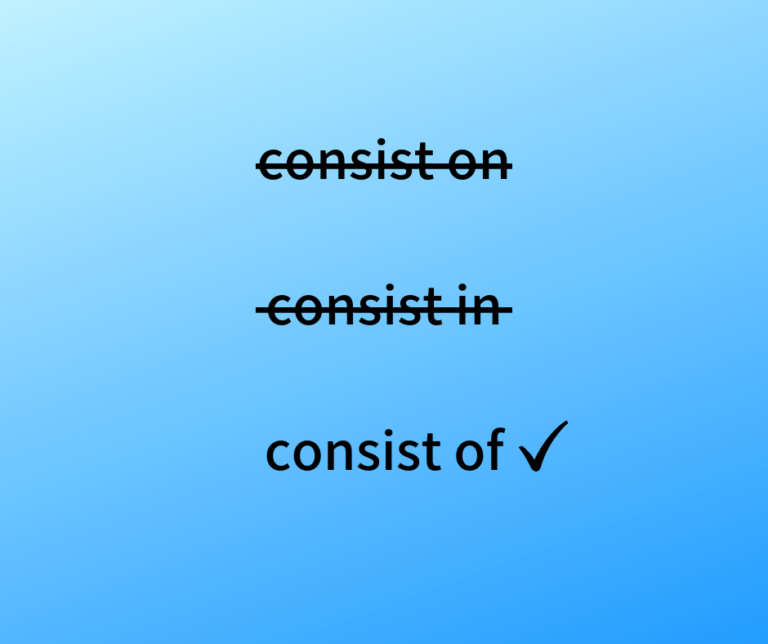Sports Collocations with Do, Play, Go, and Practice
You can play soccer, but you can’t play bowling.
You can do gymnastics, but you can’t do weightlifting.
You can go surfing, but you can’t go boxing.
When talking about sports, choosing the correct collocations (natural-sounding word combinations) can be tricky.
Here are some sports collocations you should know, as well as some tendencies to help you make sense of all this.
After you read the article, try the practice activity.
Sports collocations with do
The general tendency is that we use do to talk about combat sports and individual sports that don’t involve balls. Note that we can use do or practice with martial arts (e.g. do kung fu or practice kung fu).
Examples of combat/individual sports: do karate, do kung fu, do aerobics, do MMA, do cross-country, do yoga, do pilates, do gymnastics, do ballet
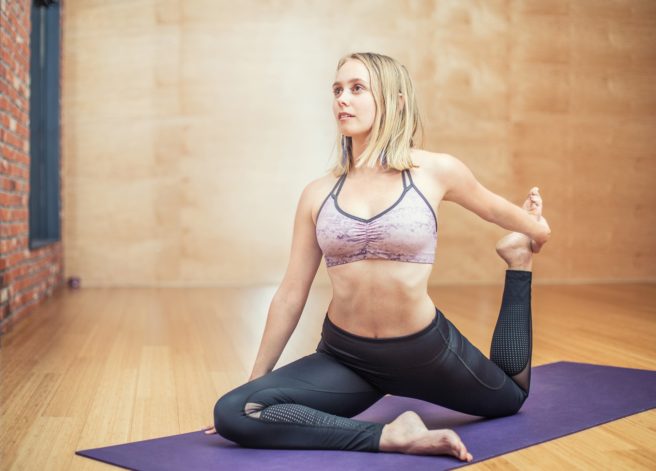
Sports collocations with play
The tendency here is that we use play to talk about team sports. We also use play to talk about some non-team sports.
Examples (team sports): play football, play soccer, play basketball, play baseball, play hockey, play volleyball, play lacrosse, play rugby, play cricket, play dodgeball, play field hockey, play handball, play softball
Examples (non-team sports): play golf, play tennis, play ping pong/table tennis, play badminton, play darts, play pool/billiards
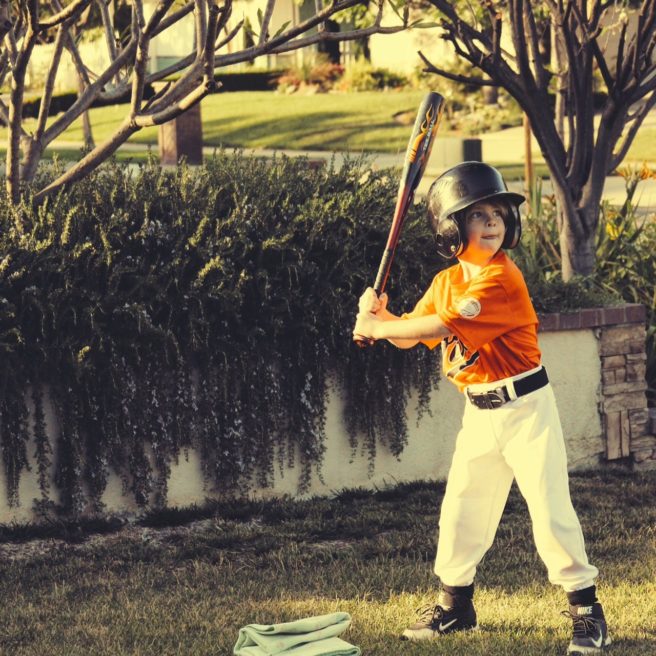
Sports collocations with go
When we use go + gerund, it means that we are going somewhere to do a leisure activity.
Examples: go fishing, go hunting, go kayaking, go canoeing, go hiking, go boating, go sailing, go swimming, go scuba diving, go skateboarding, go running, go jogging, go surfing, go bowling, go horseback riding, go sledding, go skiing, go snowboarding, go dancing, go golfing*
*We can say play golf and go golfing. Play golf implies that you’re playing competitively against other people. Go golfing implies that you’re playing for leisure.
We can also use go + gerund to talk about some non-athletic activities. Examples: go shopping, go camping
Note that with many of these activities, there is also a verb we can use. Examples: go fishing, to fish; go hunting, to hunt; go kayaking, to kayak; go swimming, to swim
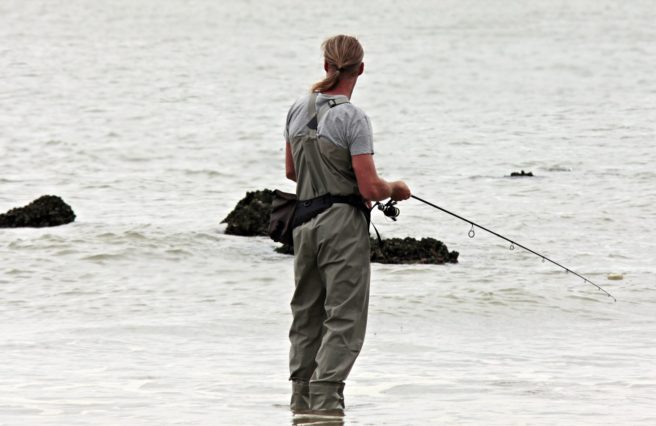
Sports collocations with practice
When we use practice to talk about sports, it means that we are training for something. We can also use practice as a noun. Note that we often don’t mention the name of the sport after the verb practice.
“If you want a scholarship, you’re going to have to practice every day.”
“My softball team practices once a week on Tuesday nights.”
“Mike has baseball practice today after school.”
“When is your next soccer practice?”
In addition to this, we use practice (or do) with martial arts (do/practice kung fu, for example).
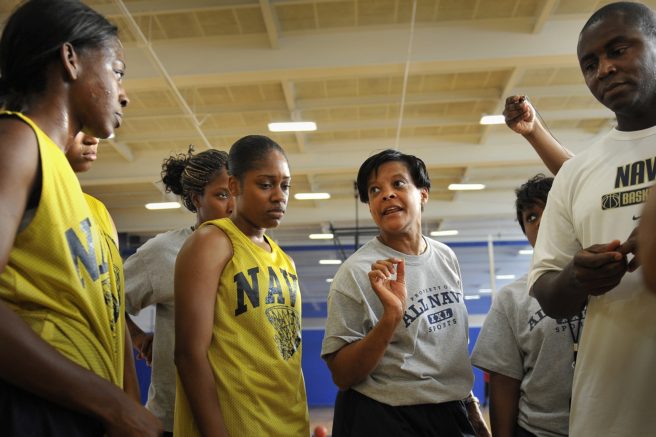
Other collocations
Unfortunately, not all sports and activities fit into one of these categories. For example, we run track and lift weights.
As general advice, pay attention to (and use) the collocations you hear from native speakers.
To practice these collocations, try the short practice activity that goes with this article. For more practice with collocations, see the Practice Exercise section of the site.


